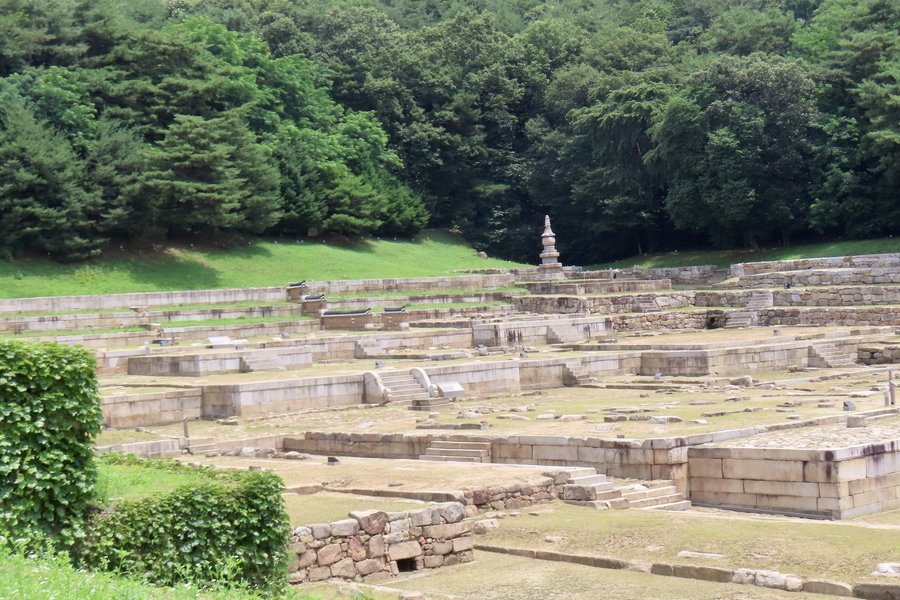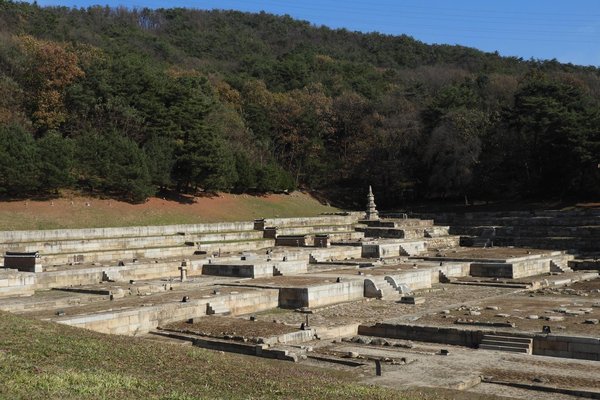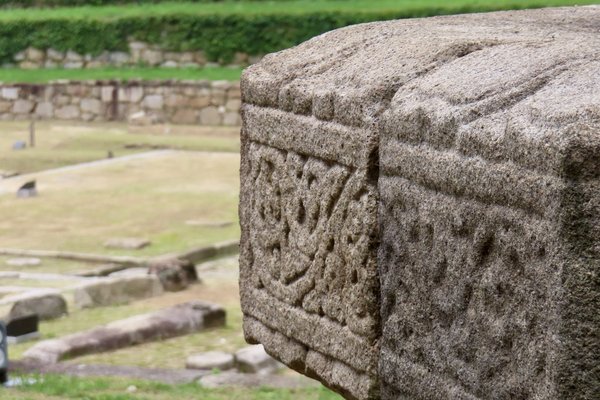Republic of Korea
Hoeamsa Temple
The Archaeological Remains at the Hoeamsa Temple Site in Yangju City comprise a former Seon (Zen) Buddhist temple.
The temple dates from the 14th century, in the era of the Goryeo Dynasty that had adopted Buddhism as its state religion. It was part of a monastery known for its set of monastic codes. The temple closed in the 16th century. Its underground structures, spatial layout and stupas, stone lanterns, and steles remain.
Site Info
Official Information
- Full Name
- Hoeamsa Temple (ID: 6617)
- Country
- Republic of Korea
- Status
-
On tentative list 2022
Site history
History of Hoeamsa Temple
- 2022: Added to Tentative List
- Added to tentative list
- Type
- Cultural
- Criteria
Links
- UNESCO
- whc.unesco.org
All Links
UNESCO.org
- whc.unesco.org — whc.unesco.org
Community Information
- Community Category
- Religious structure: Buddhist
Travel Information
Recent Connections
News
No news.
Community Reviews
Show full reviews
Many experienced World Heritage travelers who visited Korea have likely come across remnants of ancient Buddhist Temples, such as those found in Gyeongju, Buyeo, or Iksan. Sometimes all that remains are foundation pillars, perhaps a stone pagoda.
Hoeamsa Temple Site (Collage)
At Hoeamsa, you will see more than that. This temple only closed in the late 16th century and presumably fell into ruin over the next few centuries. From 1997 to 2019, there were extensive excavations at the site, which revealed more of the temple layout, and unearthed a plethora of artifacts currently housed in the museum on-site.
The pathway toward OUV is through the sites 'material testimony to the emerging Seon (Zen) monastic system that was adopted across East Asia in the 14th century.' Additionally, the temple still prospered during the first two centuries of Joseon, despite the decline of Buddhism and rise of Confucianism in Korea. It seems some members of the royal family were not entirely ready to abandon Buddhism as Hoeamsa enjoyed extensive support from within the royal palaces.
Korea is submitting the preliminary evaluation nomination next month (September 2025) with an aim for 2029. I would honestly prefer this site to be included as part of the Eastern Silk Roads initiative (rather than a standalone site) which will eventually become a large serial nomination that includes several dozens sites in China, Korea, and Japan sometime in the next decade.
I believe that Hoeamsa will not be a favorite of this community, yet I suspect it …
Keep reading 0 comments


